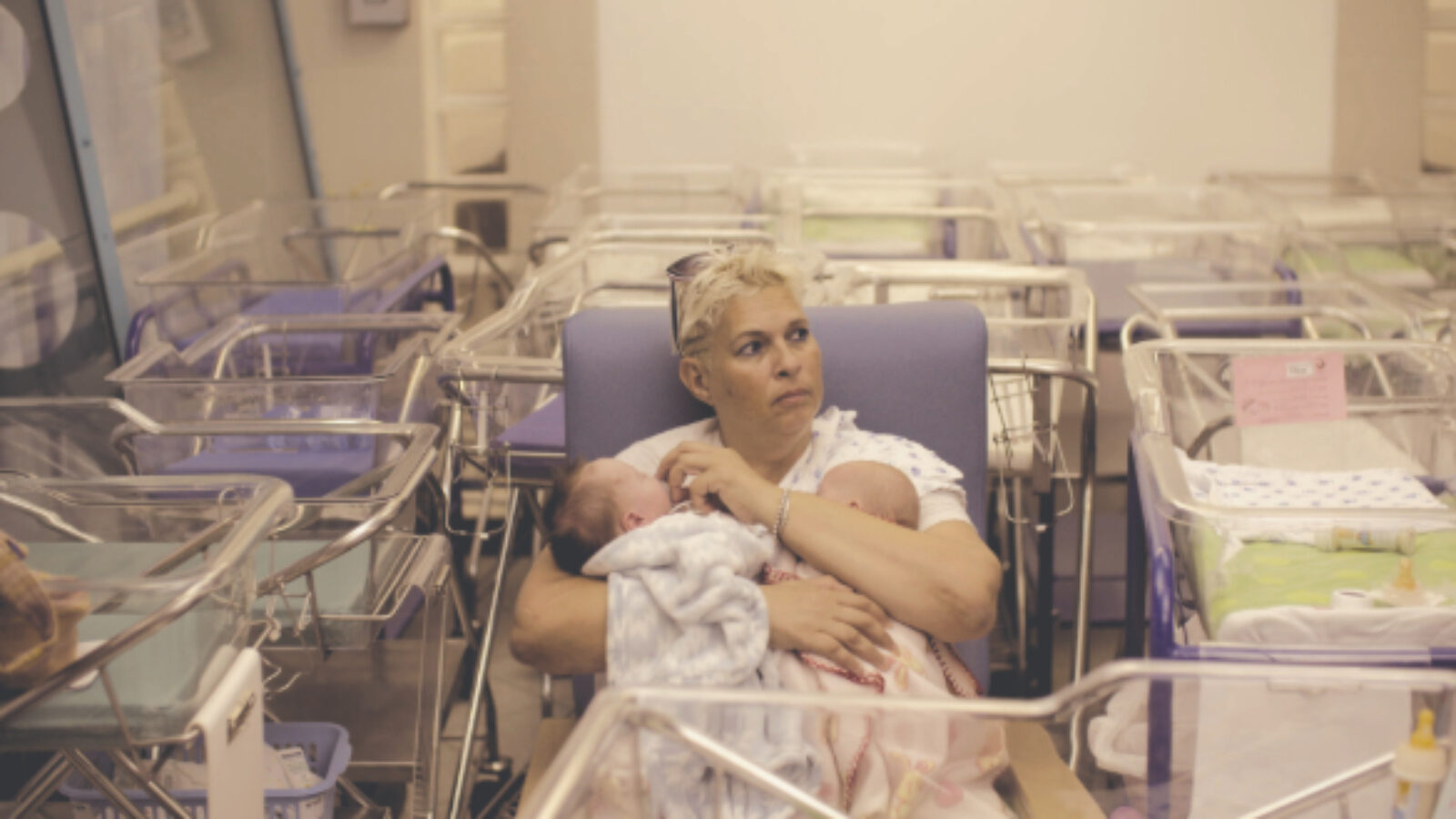We Were the Others, preceded by Alone Together
Alone Together and We Were the Others screens virtually from 1/21 – 1/26. Get tickets.
We Were the Others
A valuable companion piece to the numerous nonfiction films depicting the gay rights movement in America in the 1960s and ‘70s, Hadas Ayalon’s We Were the Others considers the fight against prejudice and ignorance during the same period in Israel. Not only were homosexuals said to be mentally ill there, but same-sex relationships were illegal, with violators subject to lengthy imprisonment. “Gay people were thought of as worse than murderers,” confides one of the six men interviewed who struggled to understand and acknowledge their sexuality at a time when LGBTQ issues received no legitimate media coverage, and fought for the right to lead their lives without shame or fear of retribution. The interviewees are no longer compelled to conceal their nature, but their memories remain raw and painful. Nominated for an Israeli Academy Award as Best Documentary under 60 minutes, We Were the Others marks Ayalon as a filmmaker of rare sensitivity and compassion.
Preceded by
Alone Together
At the outset, Ravit Reichman seems too good to be true. By day she runs a soup kitchen in Tel Aviv, and at night she reports to the hospital to care for abandoned babies, offering them warmth and tenderness, without which they would develop improperly and perhaps die. Unable to have children of her own and deemed ineligible to adopt in Israel because she’s single and approaching 50, Ravit channels her maternal instincts into perpetual selfless care. But as Maya Tiberman and Kineret Hay-Gillor’s inspiring documentary reveals, the infants are not the only ones in dire need of affection; with her milestone birthday drawing near, Ravit confronts the essential qualities missing from her life. Never mawkish or patronizing, Alone Together acquaints us with a woman of almost saintly generosity, and investigates the immense loneliness underlying her acts of altruism.








